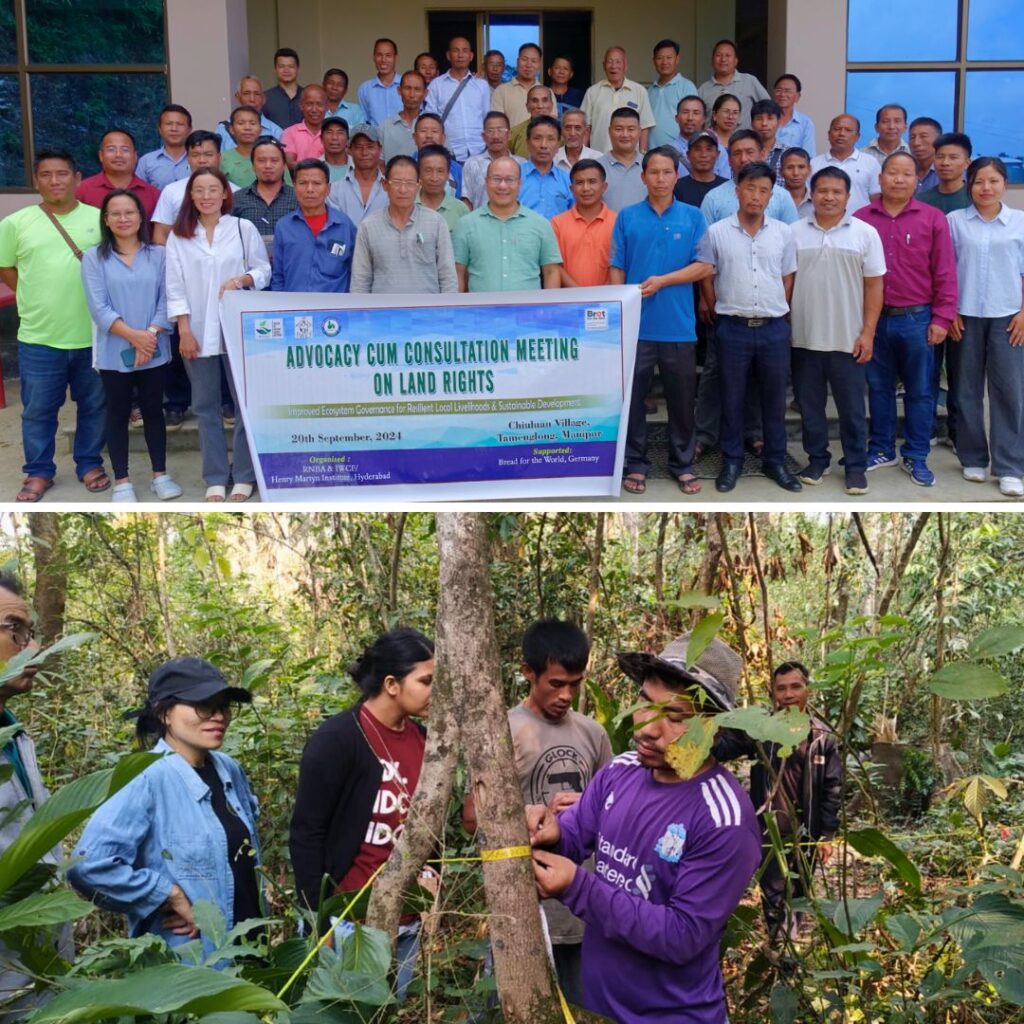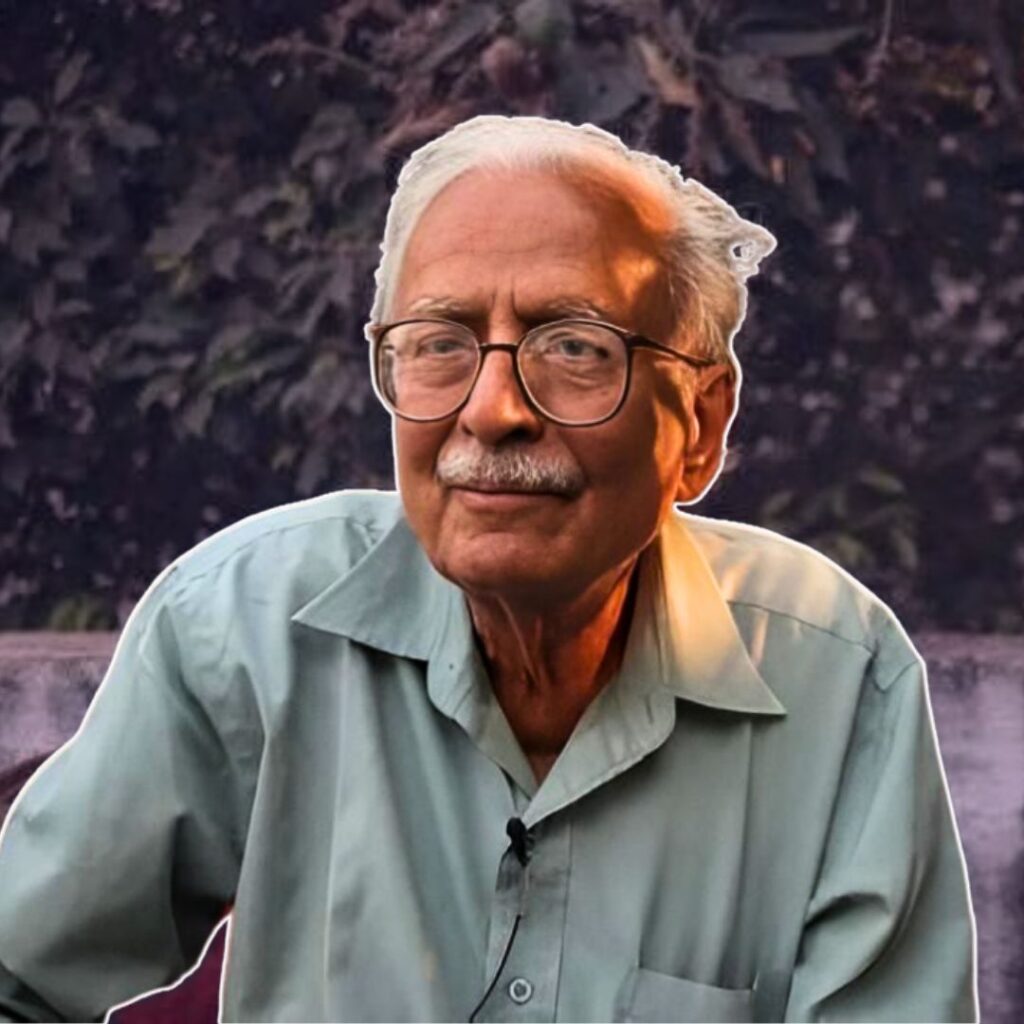On a similar line to the Right to Information (RTI) movement, the Rajasthan state government in September 2019 launched the Jan Soochna, a single-window portal hosting information and data on different schemes carried out by several departments.
The Department of Information Technology and Communication (DoIT&C) collaborated with the civil society members to create the portal.
Under Section 4 (2) of the Right to Information Act 2005, provisions were made that different authorities and government departments will voluntarily disclose information through various means which included the internet that would cut down on the number of applications filed by people seeking various information.
However, for a considerable period of time, neither the central nor the state governments had taken steps towards implementing the provisions of this section.
‘We realised that the government is gathering a lot of information and hiding them behind admin laws. We wanted to build a janta information system where reports are generated useful to people. Governance has to be a joint effort,’ activist Nikhil Dey from the Soochna Evam Rozgar Abhiyan and Mazdoor Kisan Shakti Sangathan (MKSS) who consulted and collaborated with (DoIT&C) officials on the various features of the portal told The Indian Express.
The state government’s portal which was then set up with an aim to increase transparency and accountability has 82 different information request options for 32 schemes across 13 departments. Besides explaining the schemes, it also provides real-time information on beneficiaries, authorities in charge, progress, etc.
Another important aspect behind the creation of the portal has been initiating the digital dialogues between the citizens and the government to transform the mode of communication digitally thereby facilitating transparency.
‘We told the government that whatever information you have you give it to the public without any hindrance. We also asked them to organise it in a way so that it is useful for people. This initiative converts a culture of secrecy into a culture of openness,’ Dey added.
‘Through our discussions with citizens and activists, we developed this portal to share whatever real-time, individual-level data are needed by the common man, to reduce corruption and to increase transparency of governance,’ R.K Sharma, an additional director who oversees the project told The Hindu.
Jan Soochna Portal is the first of its kind which provides the common man with the area-wise/personal information related to Government Departments, Authorities, Corporations etc. in an easy & convenient way.#JanSoochnaPortal pic.twitter.com/alcwgPPuFi
— Dept of IT&C, Kishangarh, Raj (@DoITCKISHANGARH) August 11, 2020
The portal provides information on several departments including information on MGNREGA workers, development works under the Panchayati Raj, health and family welfare department, administrative reforms, information on ration cardholders as well as other welfare schemes specifically aimed at farmers, construction workers, miners and students.
The portal also helped in removing the middlemen or the unwarranted beneficiaries during the process. For instance, one can access the land records and documents from the portal that were earlier obtained from the patwaris.
The details which escaped the public attention which could be as minute as the consumption of rations from each family in a ward has now become trackable. The portal displays the entries for withdrawals made by each ration card owner from the public distribution system. This data includes the kind of food grain/kerosene/sugar that was withdrawn, including the quantity.
Since its launch, the portal has garnered praises from people coming from all walks of life, however, there has been an interesting observation regarding the silence from the privacy activists on the data being collected by the Rajasthan government and put forth for public scrutiny.
The Scroll reported that the privacy activists opposed the Aadhaar programme on the grounds that it was an assault on the fundamental right to privacy have been quiet on the mechanism of Jan Soochna portal.
While the Aadhaar programme collected sensitive personal information including fingerprints, iris scans and personal details ranging from names to addresses, it was designed in a way that such information was never published in the public domain.
The point of contention in both the cases have been that Aadhaar not only included unauthorised access to the data but the information collected through it was never proactively published.
The authorities associated with the matter have been of the opinion that the information publicly available on the Jan Soochna Portal is to make it easier for citizens to access records and conduct social audits. The idea is that if all of the information is made publicly available it will help communities to root out ‘ghost payments’ and siphoning of funds…












